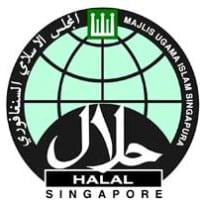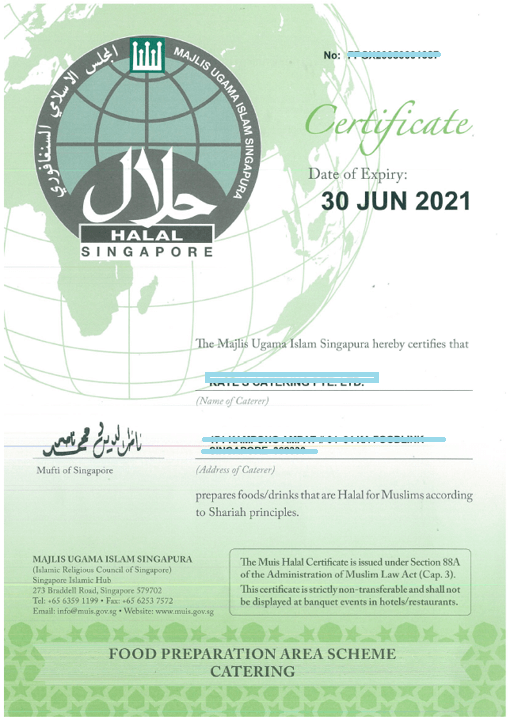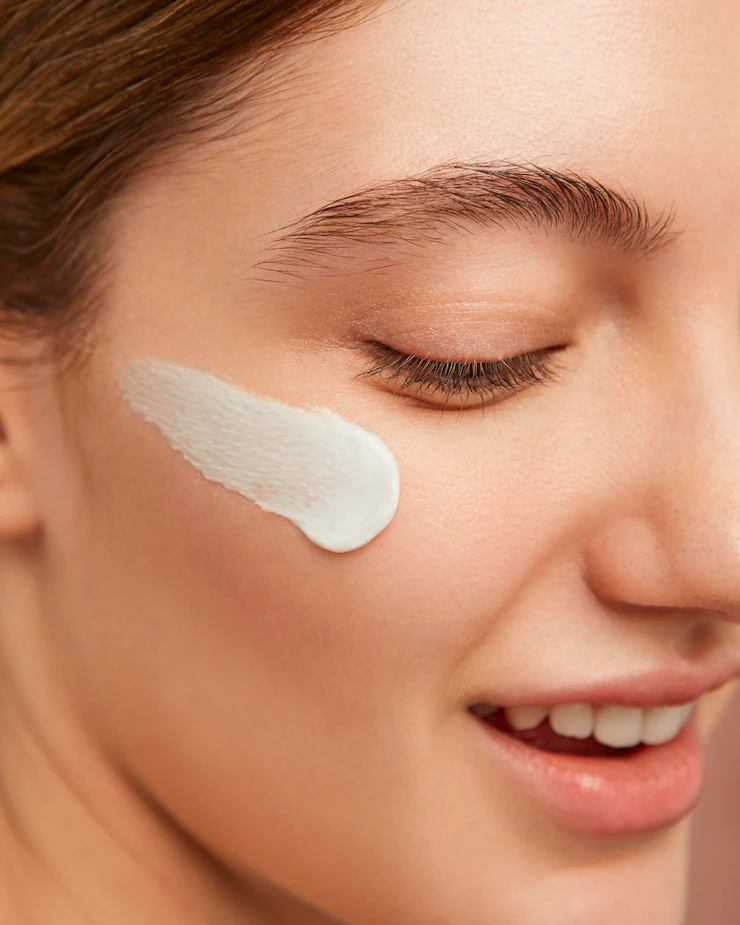- Home
- Types of Vegan Makeup
- Halal-certifications
Halal-certified and Halal-compliant - What's the difference?
You may have heard Halal-certified and Halal-compliant, but you're wondering what it actually means. Let me explain.
For a product to be Halal, it must:
- not contain dog- and porcine-related ingredients
- not contain wine or alcohol
- not contain GMOs
- be processed with permissible ingredients
- where animals are involved they must be slaughtered according to Islamic rights
- only contain permissible functional and aesthetical ingredients like flavors or fragrances
What is Halal-certified?
Halal-certified means that it is certified Halal by the Islamic Religious Council of the respective country.
For example in my country, Halal certifications is governed under Majlis Ugama Islam Singapura (MUIS).
All products that have been certified Halal in Singapore, must be labelled with the logo below:

However, for companies like food vendors or restaurants, they are issued a Certificate that must be displayed for the public to see. It looks like this:

What is Halal-compliant?
Halal-compliant is not so popular as it is used lesser by companies. Many opt to get certifications because it builds trust and bring in more Muslim consumers.
But, as an indie business owner, you are allowed to use this term! It simply means you follow the Halal requirements of manufacturing.
What is Muslim-owned?
As for Muslim-owned, this term is new and currently trending in startups and home-based companies. Because Halal certifications can be costly, many business owners choose this term to save some costs.
Like Halal-compliant, Muslim-owned companies also follow the Halal requirements of manufacturing!
In Singapore, you can find many home bakers using the term 'Muslim-owned' to gain trust from Muslim consumers.
How does a Halal-certification help you?
Halal certification can help you:
- gain international acceptance in the Halal Cosmetic industry
- build trust in Muslim consumers
- boost your company's reputation
- assure your customers that products are produced in hygienic environment as well as with high quality ingredients
- shows integrity in product handling
- shows ethical way of life and business practices
How to get Halal certification for cosmetics?
You can get Halal-certified (for cosmetics) literally from anywhere in the world! Please check with the respective agencies for the fees and procedures.
In America, there is Islamic Services of America.
In Europe, there is Halal Certification Europe.
In Malaysia, there is Jabatan Kemajuan Islam Malaysia (JAKIM). You can find more info under Halal Malaysia Official Portal here.
In Taiwan, you can check with Taiwan Halal Certification Bodies on this page.
FAQs
Can Halal cosmetics contain other animal products?
Yes. Animals must be slaughtered according to Islamic rights. Pearl, silk, lanolin, beeswax are all permitted as long as the animals are not harmed during the process.
Can Halal cosmetics contain Alcohol?
Yes! Ethyl Alcohol or Ethanol in sanitizers are considered Halal-compliant because it is used mainly to kill virus.
Can Halal cosmetics use synthetic ingredients?
Yes as long as they are not genetically modified or bring harm to the consumers.
❤️ Share with your friends! ❤️

